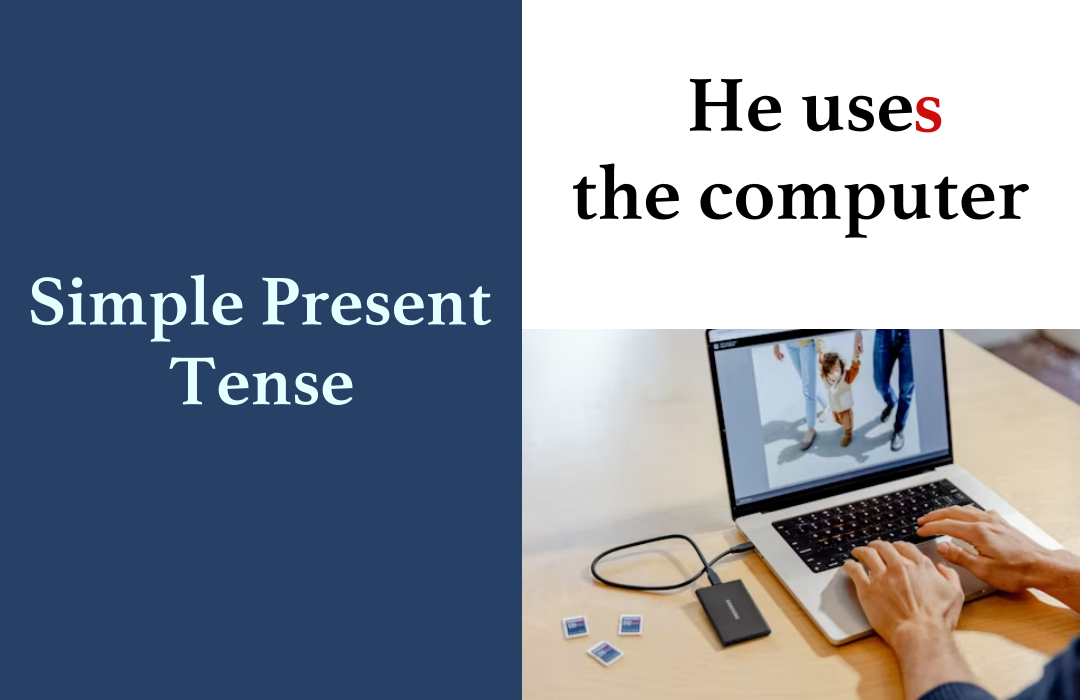- Gerunds
1. A gerund is a non-finite form of the verb made by adding “-ing” :
- Examples:
Listen ——listening
Thank you for reading this post, don't forget to subscribe!stop ——–stopping
win ———winning
2. Gerund is often used as a subject
- Examples:
Reading helps you to improve your vocabulary in English.
Swimming is one of the best physical exercises.
3. Gerund is used as an object after certain verbs.
- Examples:
I enjoy reading.
She dislikes playing badminton.
Have you finished working
4. A great variety of verbs + preposition/adverb combinations such as be for / against, give up, keep on, look forward to, put off take the gerund.
- Examples
I’m looking forward to hearing from you in the near future.
5. The gerund after prepositions:
- Examples
They were thinking about going on holiday to London at Christmas.
After leaving school she started to work.
6. Gerunds are used after such prepositions as after, on, with, without, before, by and conjunctions when, while
- Examples:
Before leaving the house, she checked all windows.
He went on speaking without paying attention to the noise.
While repairing his car, he tried to listen to me.
7. The negative form of Gerunds can be made by adding “not”
- Examples:
He enjoys not working.
The best thing for your health is not smoking.
8. The gerund is often used after certain verbs: avoid, feel like, mind, risk, delay, give up, miss, spend time/money, dislike, practice, suggest, enjoy, keep, put off, understand
- Examples:
I dislike working after 5 pm.
We enjoy hiking.
She stopped working at 6 o’clock.
She suggested going for a movie.
Farah keeps talking about her problems.
7. Gerund is used after certain expressions such as can’t stand, can’t bear, etc.
- Examples:
He can’t help talking so loudly.
I can’t stand being alone in the office.
He can’t bear having so much responsibility.
- Infinitives
1. Infinitives can be: Bare infinitives ( no to) or full infinitives ( to +verb)
- Examples
They want to go now.
He forgot to call her.
He must listen to the teacher
2. The full infinitive form o
- Examples
learn —- to learn
give —— to give
3. The infinitive is often used after certain verbs:
arrange, forget, learn, plan, ask, help, manage, promise, decide, hope, offer, refuse, expect, intend, prepare, want, pretend, appear, seem
4. The negative form of Infinitives can be made by adding “not”
- Examples:
I decided not to go.
The most important thing is not to give up.
5. After certain verbs, adjectives, and nouns.
a. Verb + infinitive
They hope to reach the party on time.
I want to try the new ice-cream flavor.
b. Adjective + infinitive
I’m happy to hear you are well.
She’s delighted to see him.
c. Noun + infinitive
I’ve got some homework to do.
It’s a high price to pay.
It’s time to take a break.
6. To express a purpose
- Examples
I got up early to do homework.
I have some letters to write.
7. After model we use bare infinitives
- Examples
She must be happy
Mr. Smith should visit his grandparents
The can make it in the exam
BE CAREFUL!
Some verbs (e.g. like, love, hate, start, prefer) can take gerund or infinitive, with similar meanings.
- Examples
I love to eat chocolates.
I love eating chocolates.
I started to polish the car, but then decided not to.
I started polishing the car, but then decided not to.
He remembered putting his keys on the table.
He remembered to put his keys on the table.
Roy never forget eating dinner at the restaurant.
Roy never forget to eat dinner.
B. ‘To’ can be part of the infinitive or it can be a preposition.
- Examples:
I look forward to hearing from you. (√)
I look forward to hear from you. (X)
- Exercise
Exercise: put the verbs between brackets into the infinitive or gerund.
- He has promised…to deliver… (Deliver) it to me this afternoon.
- I’ve invited Mark and Anna ……………………….. (Stay) for the weekend.
- I don’t mind……………………….. (Stay) at home to look after the children.
- Has she decided ……………………….. (Take) that job?
- He’s always complaining about……………………….. (Work) too hard.
- Why are you blaming me for ……………………….. (Get) lost? You’ve got the map.
- We don’t believe in ………………………..(buy) each other big presents
- I know you don’t approve of ……………………….. (Smoke) so I won’t smoke in here.







